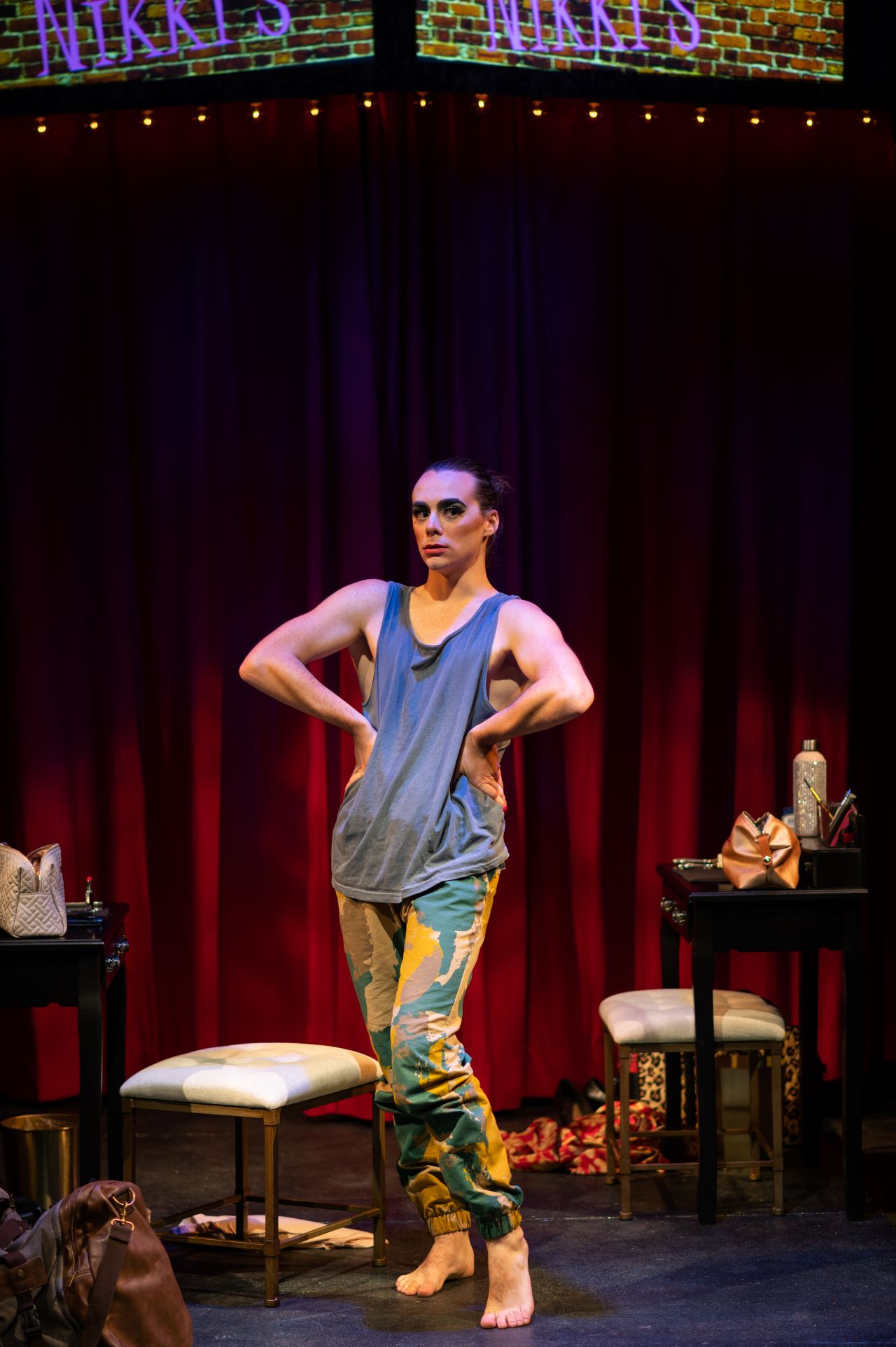Staring down the launch of its 2021-22 season, Ragan and fellow Urbanite Theatre co-founder Summer Dawn Wallace tasked themselves with upending that paradigm and showing the theater world that even expensive art doesn’t have to come at the expense of the artists involved.
Before the pandemic, staging a play at Urbanite Theatre looked “a lot like production at virtually every other theater in America,” Ragan admits, by which he means the long hours and the understanding that everyone suffers together and no one gets rich but the show goes on.
A modern theater show requires an ever-expanding list of trained artists and technicians—from actors and directors to stage managers, costumers, lighting designers and prop masters—who all need to be paid for their time. As a result, producers like Urbanite Theatre find themselves increasingly caught between an economic rock and the proverbial hard place. “The result,” says Ragan, “is you try to get as much done in as short a window as humanly possible.”
The operative word being “humanly,” because that’s where the wiggle room is. “You can’t change opening night,” says Ragan. “People are coming; tickets are sold.”
So in the face of an unyielding calendar, the pre-pandemic process at Urbanite involved the typical exploration of what was humanly possible.
50-hour workweeks were “totally expected,” says Ragan, as was working full-steam for months without a weekend. And then, as opening day approached with everyone running ragged on adrenaline, caffeine, nicotine, and who knows what else, there were tech days—affectionately dubbed “10 out of 12s” by the theater community, because the actors are typically onstage for 10 hours out of a 12-hour workday that can really go as long as 15 hours for crew. “They almost live at the theater for several days,” says Ragan, “because you’re cramming a lot in.”





